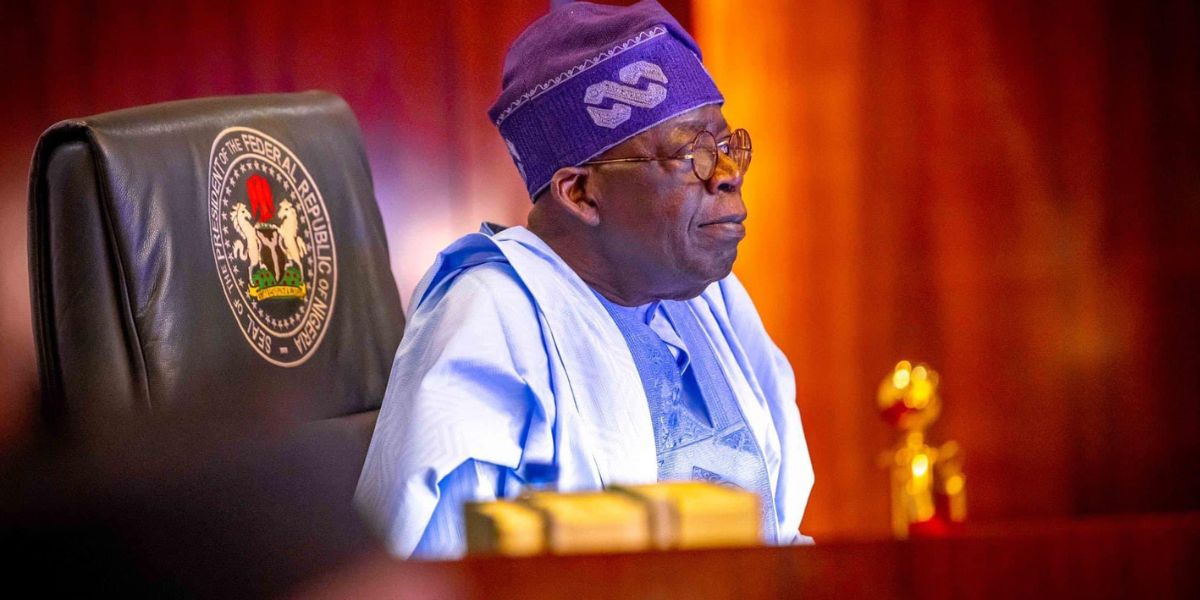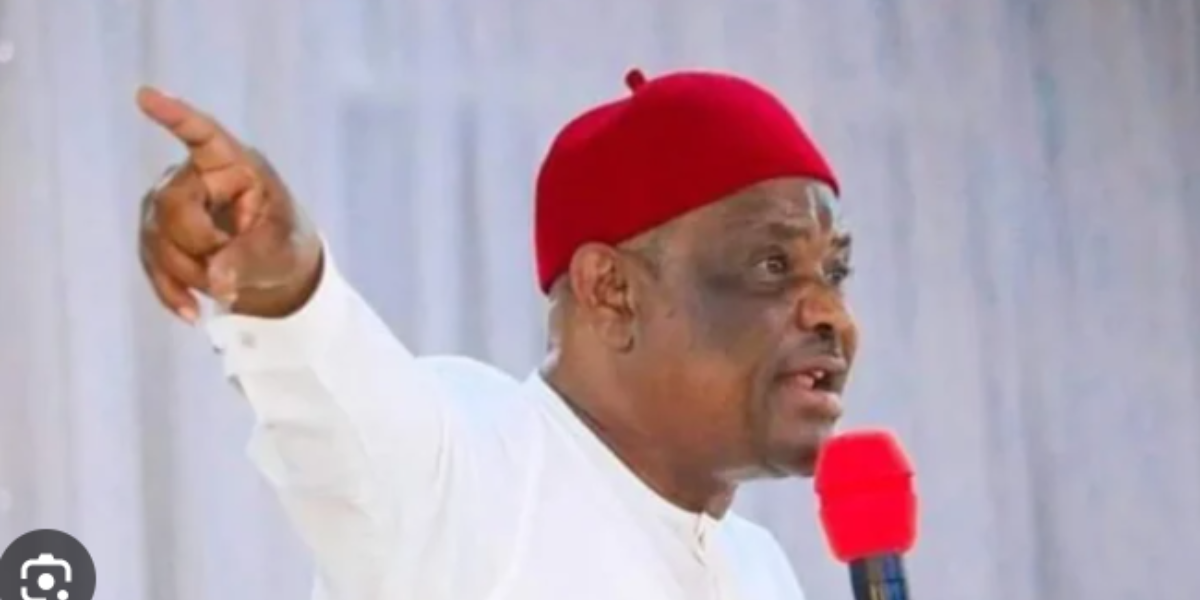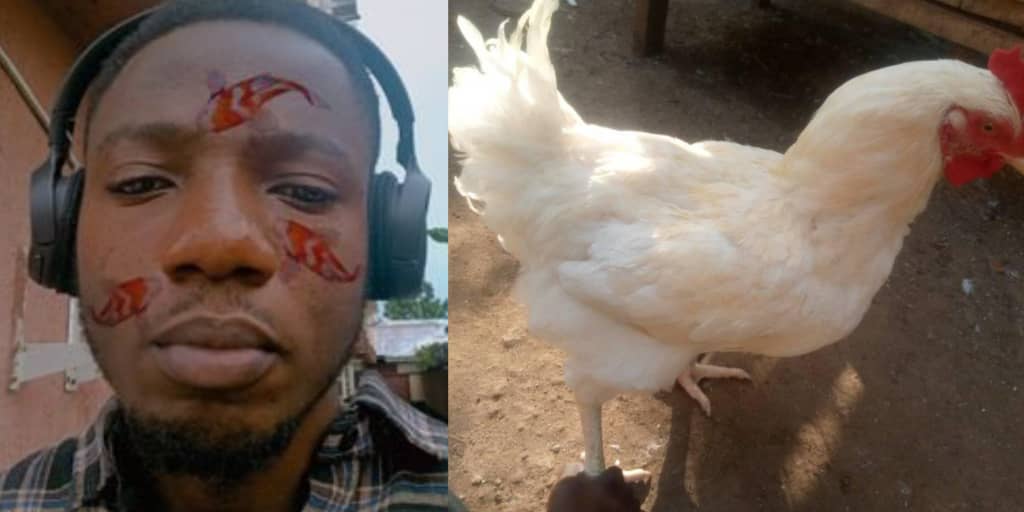As the world gears up to welcome the New Year, key stakeholders from various sectors in Nigeria—including manufacturing, academia, security, local government unions, and the Ijaw National Congress—have urged President Bola Tinubu to prioritize economic reforms and improve the nation’s outlook in 2025.
Reflecting on the challenges of 2024, which they described as “tough” and “difficult,” these stakeholders expressed hope that the coming year would bring better living conditions for Nigerians.
Speaking on the underperformance of the manufacturing sector, the Director-General of the Manufacturers Association of Nigeria, Segun Ajayi-Kadir, highlighted the urgent need for reforms to stimulate growth.
He called for the full implementation of fiscal and tax policies, the passage of necessary reforms by the National Assembly, and action from the Central Bank of Nigeria (CBN) to stabilize interest rates and resolve the N2.4 billion forex backlog owed to manufacturers.

Ajayi-Kadir stated, “We also anticipate the expansion of the government’s credit facility. While the N75 billion disbursed so far is commendable, we look forward to the promised N1 trillion under the stabilization plan to ease access to credit.” He also emphasized tackling inflation through reduced logistics costs and fostering synergy between fiscal and monetary policies for sustainable growth.
In the education sector, the President of the Academic Staff Union of Universities, Prof. Emmanuel Osodeke, urged the Federal Government to create a more conducive learning environment in 2025. He advocated for accessible and affordable education, free from student loan burdens, while criticizing the high cost of governance.
“We must preserve TETFUND, which supports tertiary education, instead of converting it into a loan scheme. Leaders should cut back on extravagant expenditures, including frequent foreign travels,” Osodeke said.
The Secretary-General of the Association of Local Governments of Nigeria, Mohammed Abubakar, called for the immediate implementation of local government financial autonomy in 2025. “Financial autonomy for local governments must begin as soon as possible so that grassroots development can alleviate the hardships faced by citizens,” he remarked.
Similarly, Akeem Ambali, National President of the Nigeria Union of Local Government Employees, emphasized that true development in Nigeria hinges on granting full autonomy to local governments, with funds directly credited to their accounts.
On security, Dr. Kabir Adamu, CEO of Beacon Consulting, appealed to President Tinubu to prioritize the safety of lives and property in line with constitutional provisions.
Meanwhile, Ezonebi Oyakemeagbegha, National Publicity Secretary of the Ijaw National Congress, painted a grim picture of 2024, describing it as a year of economic hardship and sacrifices for Nigerians.
He called on the government to reduce the pump price of petrol to N416 per litre, noting that Nigeria’s crude resources should make such a reduction feasible.
Oyakemeagbegha also stressed the need to stabilize the naira’s exchange rate and strengthen the currency to compete with the dollar.
He highlighted the importance of improving power supply to support small businesses and urged international oil companies to relocate their headquarters to the regions where raw materials are sourced.
Stakeholders remain optimistic that 2025 can usher in meaningful reforms, providing a path to economic recovery and better governance for Nigerians.




